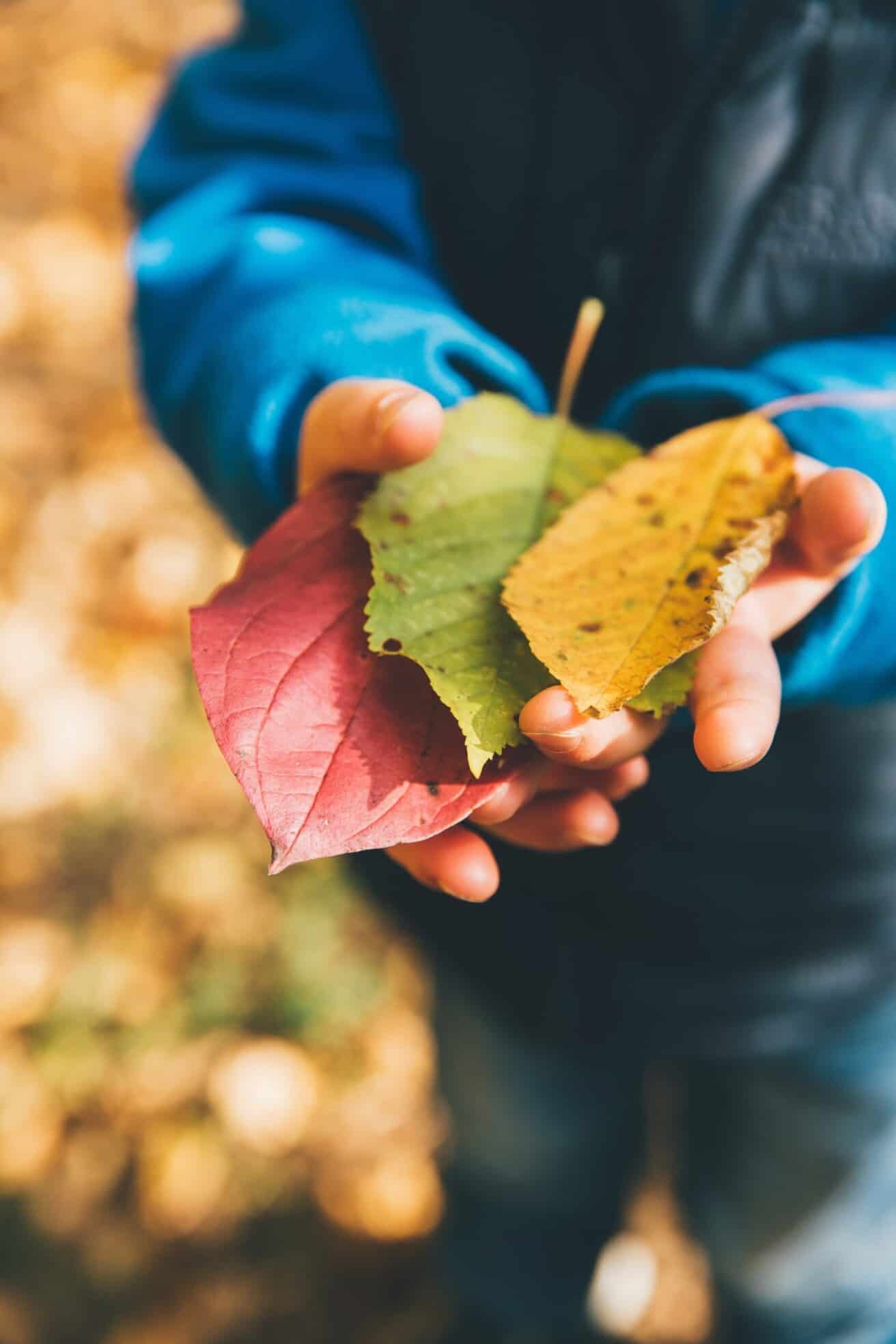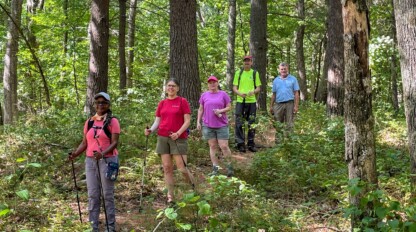The world is full of amazing places to learn, but the greatest opportunities for growth are outside. Nature offers countless lessons for students and educators alike.
The outdoors encourages us to reimagine the learning process and transform personal development. At Hale Education, we ground our community-based programs and events around the environment. We consistently see the benefits of outdoor classrooms, which:
1. Improve Attention
Teachers often find students struggle to pay attention inside and don’t fully immerse themselves in lessons. Students may have trouble focusing or fully understanding what a teacher is trying to teach them. Without tangible examples, students may not grasp a concept or theory.
Providing students with hands-on experiences, such as field trips or internships, promotes critical thinking, problem-solving, and cooperative learning. Through unique outdoor activities such as observing wildlife, completing a scavenger hunt, or gardening, students develop an emotional connection that challenges them to have a heightened engagement with their surroundings.
2. Relieve Stress
Children and adults can both experience high- stress levels, whether it’s through academic pressures or life circumstances. According to recent research, outdoor learning can reduce stress for students. One study showed that outdoor education kept students calm, alert, and active. Green spaces provide ample room for students to engage with content and programs.
3. Build Self-Discipline
It’s no secret that kids have a lot of energy. Indoor learning environments often lack adequate resources to focus their enthusiasm. Students who participate in outdoor learning activities have a heightened sense of responsibility. In natural environments, students gain a sense of control as they learn how to connect with animals, plants, and resources around them. This engagement boosts self-discipline. Outdoor learning enables students to recognize the impact of their actions on others and the world.
4. Develop Perseverance
Learning how to navigate and learn from life’s struggles is one of the most important lessons a teacher can give a student. Outdoor learning is full of positive challenges. Students can learn how to build a shelter or nurture a plant, which requires skills like managing time, patience, cooperation, and strategy. It’s through these opportunities that students develop perseverance.
When students learn to tackle problems appropriately, they build resilience and confidence, enabling them to care for the environment and themselves. This can lead to long-term positive outcomes, such as an interest in nature and lifelong learning.
5. Create Active Lifestyles
Time spent outdoors greatly impacts their one’s physical activity and fitness level. Students who learn outside are less likely to develop sedentary behavior and are more likely to improve their health and wellness. The habits students form through outdoor exploration motivate them to get up, get moving, and learn from the people and places that surround them.
Let’s Grow Together
Hale would love to be a part of your educational experience. Whether you’re a seasoned teacher who would like help bringing classroom topics to life, or a young professional hoping to foster change and advance your career, Hale has a program for you. From teambuilding and field trips to our acclaimed Perrone-Sizer Institute for Creative Leadership, we welcome communities of all ages.
Browse our nature-based education programs and join us today! Let’s get outside and grow together.










